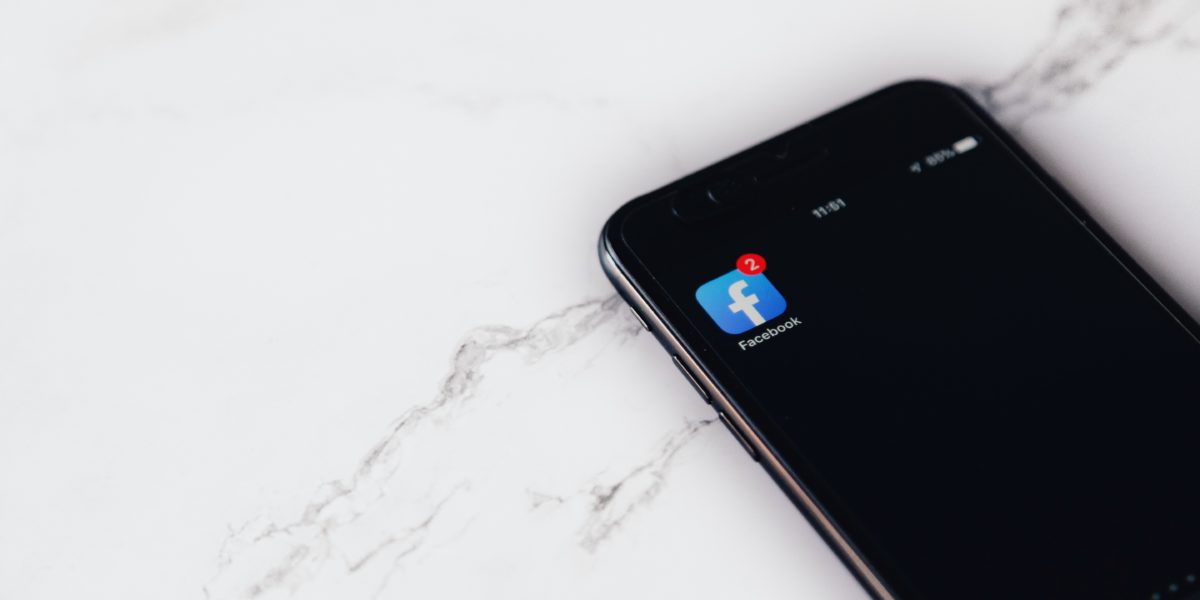The fragility and accessibility of our digital lives has been a concern ever since the inception of Facebook more than a decade ago – and even earlier than that on other web platforms, but privacy and data concerns have only seemed to escalate in recent years. Specifically, news of the Cambridge Analytica data breach in March 2018 put many social users on digital lockdown.
As you explore all the ways in which your life, Facebook (and other social channels), and your digital footprint intersect, it’s helpful to take a good look at what data is actually out there, what you need to know going forward to prevent hackers from getting into your account, and how to minimize any damage in the event of another breach.
What to know about your data
Facebook allows you to download your data from your account via Account Settings or the Download Your Information tool. While reviewing all of your data can be interesting in and of itself, the important take-away here is to learn what you want to delete from your history.
Once you’ve decided what you want to get rid of, you can start deleting those contacts, messages, old activity, etc. by clicking around in the settings area. Tip: it’s easiest to do this from a desktop computer.
How to prevent future hacks attacks
Knowing you’re susceptible to a hack is the first step in taking control of your data, but how do you go about more securely locking down your digital life? Being proactive is the answer. This article in Wired provides some useful tips for preventing a hack. Namely, take advantage of your device lockscreen and set up two-factor authentication on any all accounts that offer it, of which Facebook and Twitter both do.
Another tip – self-censor. While it can be fun to share all the exciting tid-bits of your life, do you really want the whole world knowing about it? Just something to keep in mind…
So, off with you now. Go secure your digital world.
